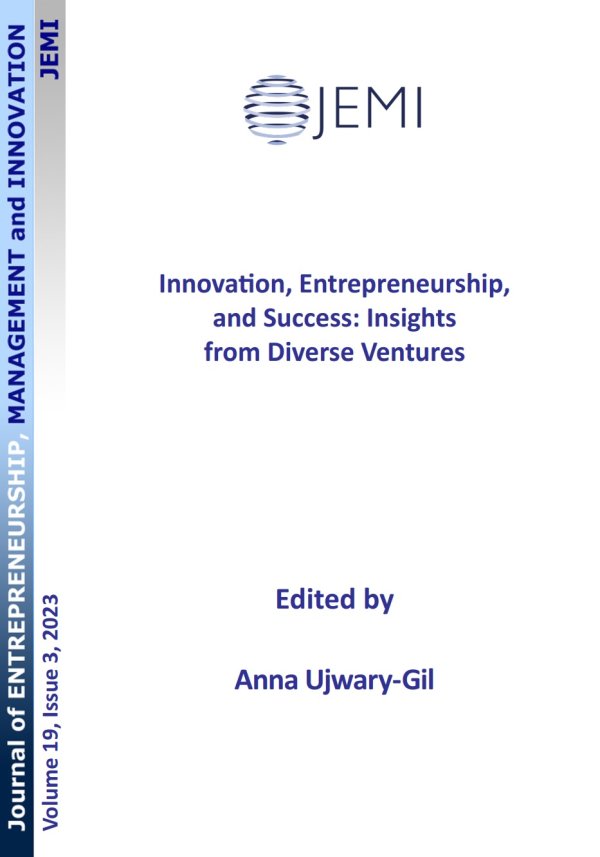Sanjoy Kumar Roy, Assistant Professor, General Education Department, City University, Khagan, Birulia, Savar, Dhaka, 1216, Bangladesh, e-mail: This email address is being protected from spambots. You need JavaScript enabled to view it. 
Md. Rahat Khan, Assistant Professor, Department of Business Administration, City University, Khagan, Birulia, Savar, Dhaka, 1216, Bangladesh, e-mail: This email address is being protected from spambots. You need JavaScript enabled to view it.; This email address is being protected from spambots. You need JavaScript enabled to view it.  , corresponding author.
, corresponding author.
Nazrul Islam Shanto, Masters Thesis Student, Rhein Waal University of Applied Sciences, Gladbacher Str. 244 47805, Krefeld, Germany, e-mail: This email address is being protected from spambots. You need JavaScript enabled to view it. 
Abstract
PURPOSE: The global COVID-19 pandemic has profoundly impacted multiple sectors across industries and regions, including medical services, financial institutions, and others. The escalating global pandemic in both emerging and developed nations has resulted in the implementation of stringent lockdown measures and unparalleled disruptions to economic activities. Consequently, individuals have become accustomed to relying on banking operations as a routine aspect of their lives, regardless of the circumstances. Learning how bankers engage with customers in response to the given circumstances would be intriguing. Hence, the study aimed to unearth the relationship between bankers’ job stress, job performance, and job commitment, as well as the stress-based job performance and its impact on job commitment during the second to third wave of the COVID-19 pandemic in an emerging market. METHODOLOGY: A number of 287 data (response rate 71.75 percent) were collected by online platforms due to the COVID-19 pandemic through the simple random sampling technique. The exploratory factor analysis, confirmatory factor analysis, and structural equation modeling were run to test the proposed research framework with the help of MS Excel 2007, SPSS 22.0, and AMOS 23.0. FINDINGS: The findings showed that bankers’ work-related stress has a positive impact on job performance but no relationship with job commitment; acute stress has a negative impact on job commitment but no significant relationship with job performance; and stress-based job performance has a significant positive impact on job commitment during the COVID-19 pandemic. IMPLICATIONS: The outcomes of this study provide value to the field of behavioral science by introducing the phenomena of COVID-19 in the context of bankers and emerging economies. The demographic variables and the revealed relationships of bankers’ job stress, job performance, and job commitment trajectories would help policymakers rethink stress management practices and policy building in the bank job and the long-term relationship building with their existing employees. ORIGINALITY AND VALUE: The novelty of the research is the COVID-19 phenomenon and an emerging economy’s bankers’ context.
Keywords: work-related stress, acute stress, job performance, job commitment, bankers, COVID-19 pandemic






